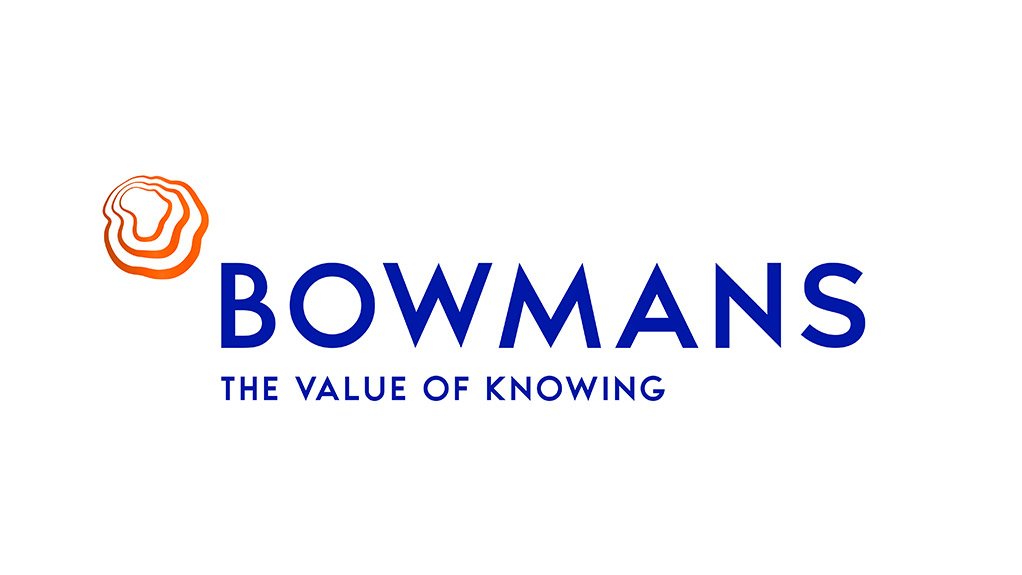Employers frequently have reason to conclude mutual separation agreements with employees to bring about the termination of their employment.
The benefits of such agreements for employers can include avoiding the need for protracted dismissal processes and, where ex gratia amounts are paid to an employee in full and final settlement of any claims, ensuring finality and avoiding costly litigation.
When concluding mutual separation agreements, an employee may express an intention to claim unemployment benefits from the Unemployment Insurance Fund (UIF). In this regard, the Unemployment Insurance Act (UIA) provides that all contributors to the UIF may be eligible to claim unemployment insurance benefits where the reason for unemployment is:
- the termination of the contributor’s contract of employment by her/his/their employer or the ending of a fixed-term contract; and
- the dismissal of the contributor, as defined by section 186 of the Labour Relations Act.
In circumstances where an employee resigns or retires, UIF benefits are not available.
Similarly, if an employee chooses to conclude a mutual separation agreement with her/his/their employer, the employee will not be entitled to claim unemployment insurance benefits in terms of the UIA.
This is because the termination of the employee’s employment is not as a result of a dismissal or termination by the employer but comes about by agreement between the parties.
In many instances, employees may nevertheless request that the employer reflect the reason for termination of employment as a dismissal to enable them to claim unemployment insurance benefits. This, however, may be regarded as a fraud by the employer on the South African Revenue Service and may amount to a criminal offence in terms of the UIA.
This was recently confirmed by the Labour Court in the matter of Swanepoel v KPMG. In this matter, the employee concluded a separation agreement with KPMG to avoid being subjected to poor performance proceedings.
The employee thereafter sought to claim unemployment insurance benefits from the UIF. The Department of Labour rejected the employee’s claim on the basis that the reason for the termination of the employee’s employment was recorded by KPMG on the UI-19 form as ‘involuntary resignation’. The employee thereafter attempted to persuade KPMG to change the reason for the termination of his employment to allow him to claim unemployment insurance benefits. KPMG refused to do so.
The employee thereafter instituted an application in the Labour Court seeking an order to compel KPMG to reflect the reason for the termination of his employment as a ‘retrenchment’, or ‘constructive dismissal’ or any other reason the Court deemed appropriate.
While the Labour Court ultimately concluded that it lacked jurisdiction to decide on the matter, in considering the employee’s arguments, it found that where an employer and an employee agree to the termination of the employee’s employment on a mutual basis, recording any other reason for termination on the UI-19 form amounts to a false statement as to the reason for the employee’s termination to enable the employee to claim unemployment insurance benefits to which the employee is not entitled.
As the UIA prohibits anyone from wilfully making a false entry on any document relating to a contributor’s claim for benefits, such a false recording would amount to an offence in terms of the UIA for which employers may be liable to a fine or to imprisonment or to both a fine and imprisonment.
In summary, employers should:
- make it clear to employees that if they opt to enter into a mutual separation agreement or a voluntary severance agreement, they may not be eligible to claim unemployment insurance benefits from the UIF;
- ensure that UI-19 forms are completed accurately insofar as the reason for the termination of an employee’s employment is concerned. In this regard, while the UI-19 forms may not set out options in respect of all the various types of termination of employment, on the options currently available, a mutual separation or voluntary severance should be marked as a ‘voluntary severance package’; and
- be wary of making any misrepresentation on the UI-19 form as this may amount to a criminal offence in terms of the UIA.
Written by Nadine Mather and Pascale Towers for Bowmans
EMAIL THIS ARTICLE SAVE THIS ARTICLE ARTICLE ENQUIRY
To subscribe email subscriptions@creamermedia.co.za or click here
To advertise email advertising@creamermedia.co.za or click here











